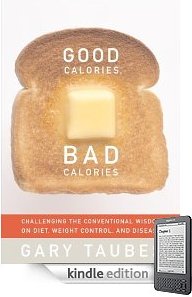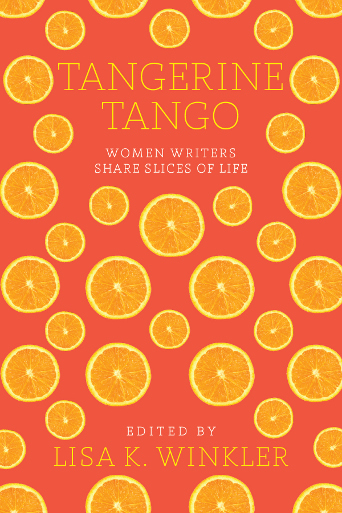
Breast Health And Diet Information We May Not Want To Hear – By Gregory Anne Cox
Posted on Monday, October 11th, 2010
Since October is Breast Cancer Awareness Month, I’ve been trying to spread the word about free and low cost mammogram programs.
I have also decided to share an article written by one author I consider very well-informed on this subject as well as other topics affecting women 50 and better. Gregory Anne Cox is a woman you want to get to know. She won’t back away from a subject, even when it raises a bit of controversy; or especially when it raises a bit of controversy.
You can catch her anytime over at her blog MidlifeWithAVengeance.com But first, take a few minutes and read this important information written and shared generously by Ms. Cox…
The more I read from some of the best researchers and doctors around the world who dare to look at health and wellness from outside of the current medical model, the more frustrated I get. One cause for concern is the conventional wisdom that a low fat diet is a panacea for all that ails us.
In Good Calories, Bad Calories by Gary Taubes, which one reviewer said is “Easily the most important book on diet and health to be published in the past one hundred years.” Barbara Ehrenreich, author of Bright Sided and Nickel and Dimed said, “Taubes tackles the subject with the seriousness and scientific insight it deserves, building a devastating case against the low-fat, high-carb way of life endorsed by so many nutrition experts in recent years.”
Look, I live by the idea that we are all biochemical individuals and there is no one prescription for eating that works across the board. But based on hours of research it is becoming more clear that loading our plates with grains-whole or otherwise-while at the same time lowering fat to torturous levels is having a deleterious effect on our health-and our waist line.
The seed for this low fat is good idea was planted in 1976 at the “Diet and Killer Disease” hearings. By 1982 the proposition that dietary fat caused cancer was considered so likely true that a government report encouraged Americans to lower fat consumption to 30% or less. In 1984 the American Cancer Society jumped on the bandwagon and sealed the deal. Interesting though are the many observations from around the world that refuted the findings with contrary findings of their own.
The National Cancer Institute and the NAS decided to make funding available to test the hypothesis. (Hypothesis is loosely used as the dietary fat/cancer link was being reported as fact)
Walter Willet, a Harvard epidemiologist, was called upon. He led the Nurses Health Study which began tracking diet, lifestyle and disease in 89,000 nurses in 1982. The bottom line? After 4 years the nurses who reported the lowest fat intake had the highest rate of breast cancer!
The National Cancer Institute reviewed the study and said it was a good study but not the only one and continued to recommend a low fat diet. 8 months later reports Taubes, NCI researchers themselves published a study albeit from a smaller group suggesting “that eating more fat and more saturated fat correlated with less breast cancer.”
After 14 years of observation by Harvard, the research still pointed to lower fat diets resulting in higher breast cancer rates. “The data still suggested” writes Taubes, “that eating fatty foods, (even those with copious saturated fat) might protect against cancer. For every 5% of saturated fat calories that replaced carbohydrates in the diet, the risk of breast cancer decreased by 9%.”
So what do we do with this information? Sweep it under the rug so we can continue as we are with thousands of women getting breast cancer while feeling deprived, not enjoying the full spectrum of flavors and nutrition in foods? I can’t do it.
For more science based information you might not otherwise hear, but need to, head over to my blog site Midlife With A Vengeance. Just click right here: http://midlifewithavengeance.com
 p.s. If you are a Kindle fan, you can also get the books mentioned in Kindle format. Click on the graphic you see or the title here to get your Kindle edition of Good Calories Bad Calories.
p.s. If you are a Kindle fan, you can also get the books mentioned in Kindle format. Click on the graphic you see or the title here to get your Kindle edition of Good Calories Bad Calories.
If you’re looking for Kindle editions of Bright Sided and Nickle and Dimed just click on the titles to order.





